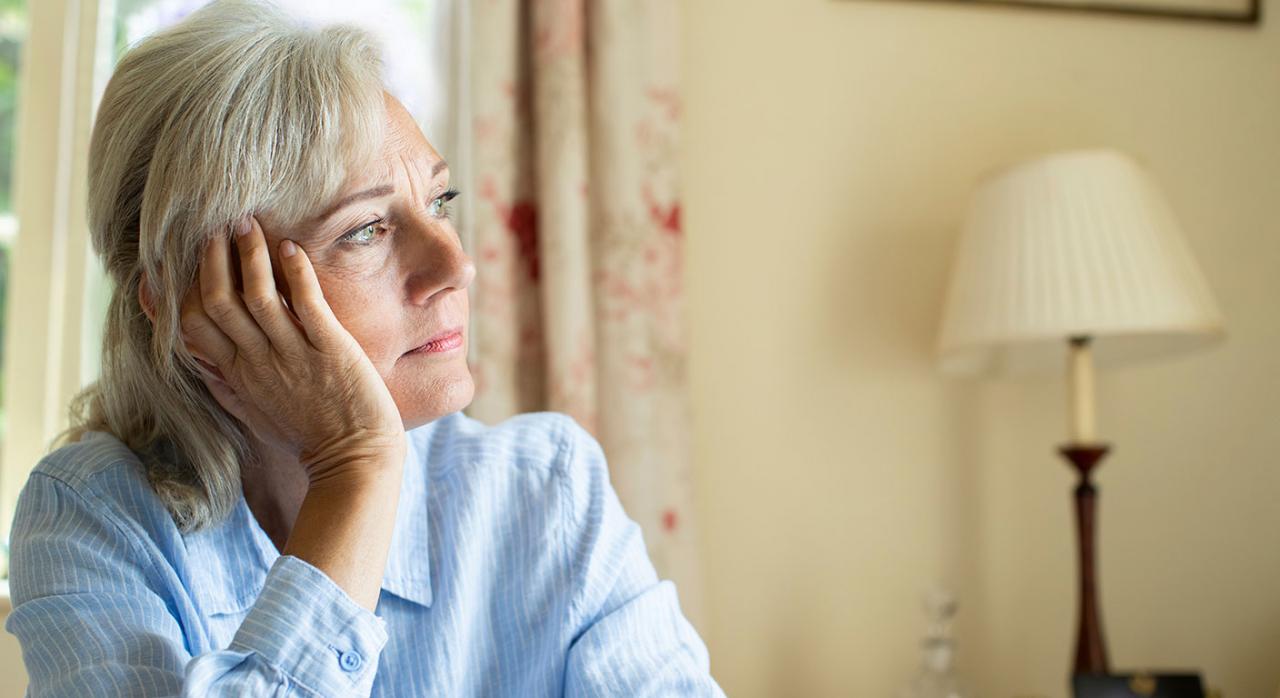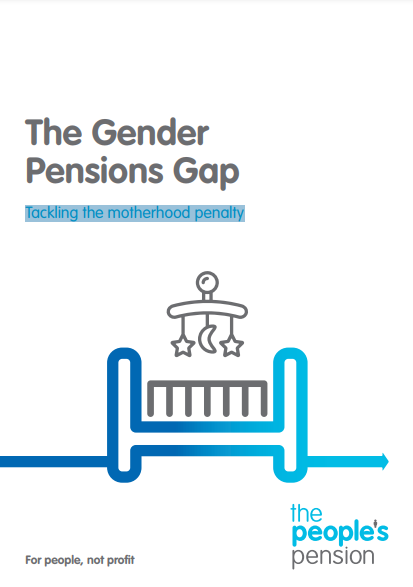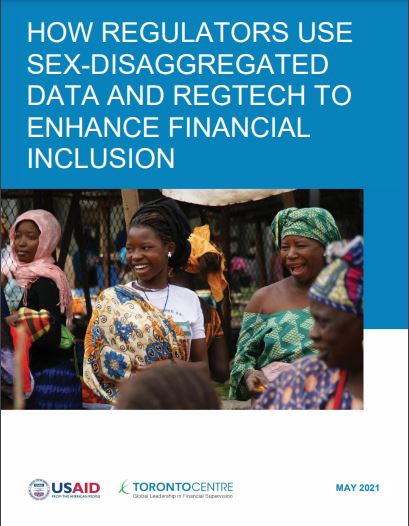UK. DWP failed in communicating women’s state pension age changes
Government officials were too slow to tell many women they would be affected by the rising state pension age, the Parliamentary Ombudsman has ruled. The finding brings the prospect of compensation closer for thousands of women born in the 1950s who have long been furious about the issue. It marks a significant victory for the Waspi (Women Against State Pension Inequality) campaign. However, the ombudsman has no power to refund "lost" pensions. It is also unable to recommend that anyone receive their state...










